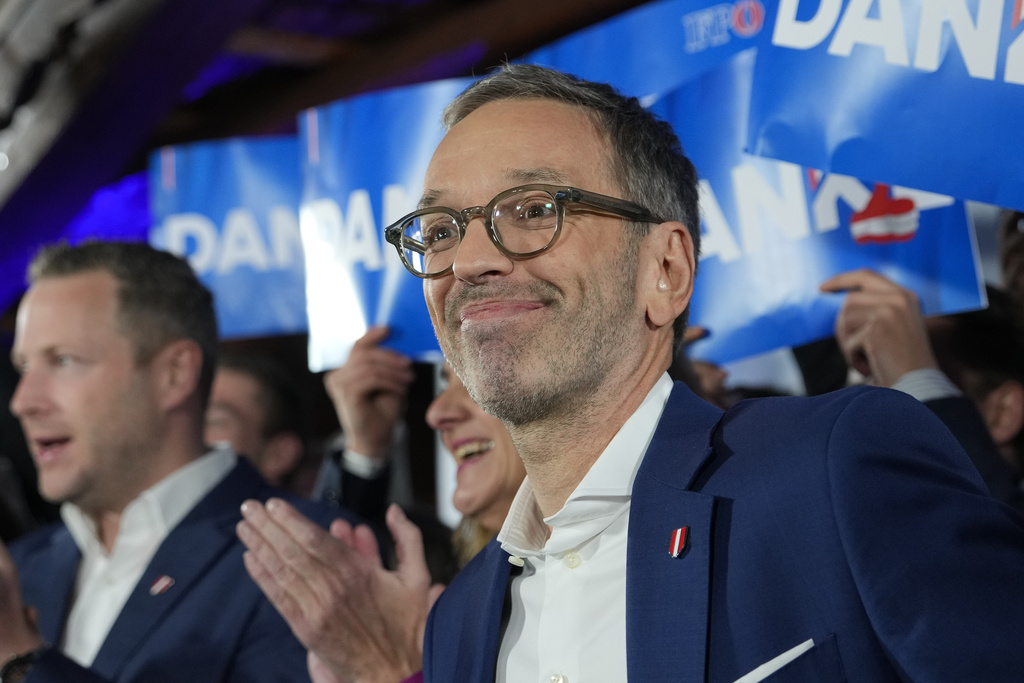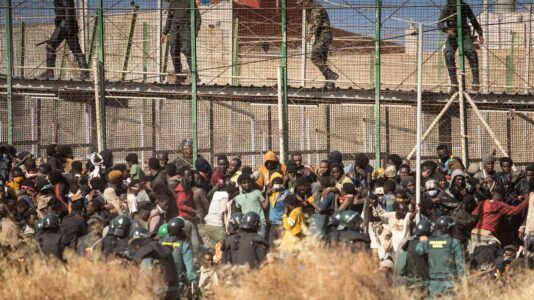Austria remains in political limbo following last month’s national elections, as Federal President Alexander Van der Bellen announced that no party has been given a mandate to form a government yet.
After hosting talks with the leaders of the FPÖ, ÖVP, SPÖ, NEOS, and the Greens at the Hofburg Palace on Wednesday, Van der Bellen made it clear that he expects more clarity from the top three parties by the end of next week before any mandate is issued.
The right-wing Freedom Party of Austria (FPÖ), led by Herbert Kickl, emerged as the clear election winner with a record 28.8 percent of the vote, but it faces challenges in forming a government.
President Van der Bellen emphasized the unusual nature of the current political landscape, stating, “On the one hand, the FPÖ is the election winner and Kickl is claiming the chancellorship. On the other hand, no one trusts him enough to form a coalition. Who should he negotiate with?”
As is often the case across Europe, liberal parties have refused to cooperate with victorious conservative factions — a move that could see a “coalition of losers” that risks creating a serious democratic deficit.
“So far, it has been common practice to entrust the election winner with leading substantive discussions. But as you can see, the situation is anything but usual,” Van der Bellen said.
“Respect for you, the voters of all parties, dictates that we have to be safe here. Does everyone involved mean what they said? I want clarity for Austria. I ask Kickl, Nehammer, and Babler to have discussions with each other,” he added, referencing the leaders of the FPÖ, the Austrian People’s Party (ÖVP), and the Social Democratic Party of Austria (SPÖ).
Reports suggest current Chancellor Karl Nehammer (ÖVP) may pursue a three-party coalition with the liberal NEOS and the Socialists, though it remains unclear how the SPÖ will proceed.
Coalition talks are expected to be complex and drawn out, and a political deadlock is expected that could result in fresh elections.
The FPÖ remains unapologetically opposed to mass immigration and has voiced its opposition to Russian sanctions and Austrian involvement in the war in Ukraine, instead advocating a continuance of Austrian neutrality.






